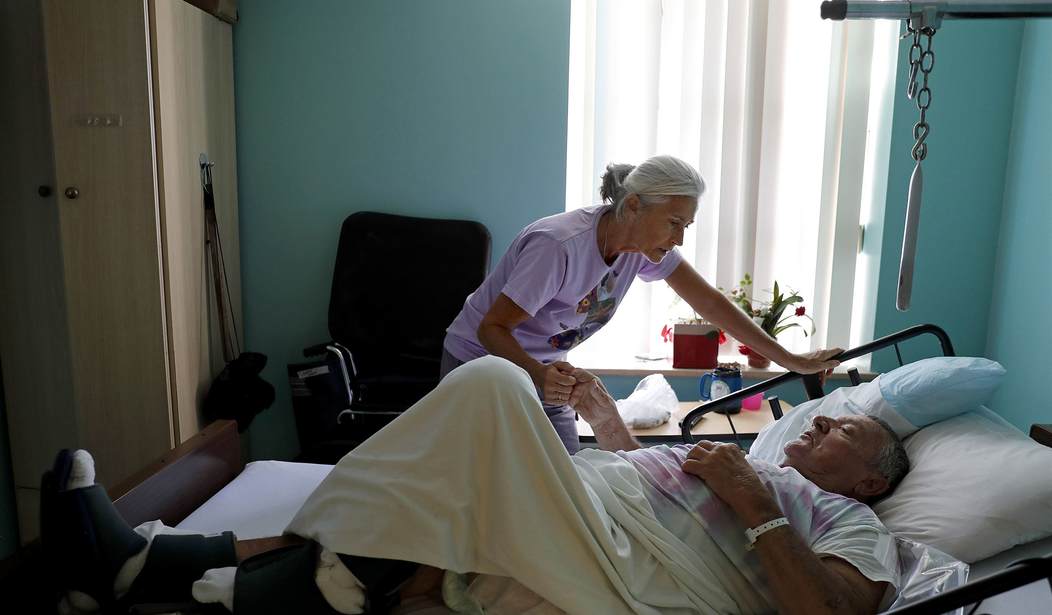Polls consistently show that health care is one of the top issues on voters' minds heading into the midterm elections. It's a powerful issue because it impacts everyone so personally and can have enormous consequences.
At first glance, the opportunity for political action seems clear. Just 34 percent of voters rate our health care system as good or excellent. Despite being a perennial campaign issue, public satisfaction with our health care system has remained low for more than a decade. It was broken before Obamacare was implemented, and it remains broken today.
Consider the depressing fact that 38 percent of American voters have put off a doctor's visit due to the costs involved. Not only that, 33 percent have avoided filling a prescription for financial reasons and 26 percent have been unable to find a doctor covered by their insurance company.
If struck with a sudden illness, 19 percent are not confident that they could quickly get in to see a doctor that they trusted. That's a stunning failure in a country where people overwhelmingly believe it's important to provide everyone with access to quality health care.
There is, however, a very real and perhaps insurmountable obstacle to meaningful political change. While most believe that our health care system is broken, 73 percent of voters believe the medical care they personally receive is good or excellent. As if that wasn't enough, 71 percent rate their own health insurance coverage as good or excellent. They may have to pay too much or wait too long, but most people enjoy decent care.
Recommended
These people -- a strong majority -- are rationally concerned that any politically driven change might hurt the good medical care and insurance coverage they currently receive. No matter how bad things are today, it's far too easy to imagine how Congress could make it worse.
The only logical solution to this dilemma involves reducing the role of politics and putting more decision-making authority in the hands of individual Americans. And that's something voters strongly support.
For example, current law requires insurance companies to offer comprehensive policies that cover just about all medical procedures. But, 75 percent of voters think they should be able to choose from a variety of health insurance plans that range in price based on the levels of coverage they provide. Insurance companies would hate this reform because most people would buy less coverage than they are required to under current law.
This desire for more choice (and control) extends to health insurance received from an employer. Seventy-eight percent of people believe workers should be given a choice between accepting a lower salary with more expensive health insurance or a higher salary with less expensive health insurance.
Giving consumers and patients more control fits into the larger public understanding of what ails the health care system. Very few believe that more government regulation is the answer. Only 19 percent support Bernie Sanders' approach of banning private insurance companies and forcing everybody into a government-run program.
Instead, as they do in most things, voters have more confidence in competition to improve the nation's health care system.
Scott Rasmussen is the publisher of ScottRasmussen.com. He is the author of "The Sun Is Still Rising: Politics Has Failed but America Will Not."

























Join the conversation as a VIP Member